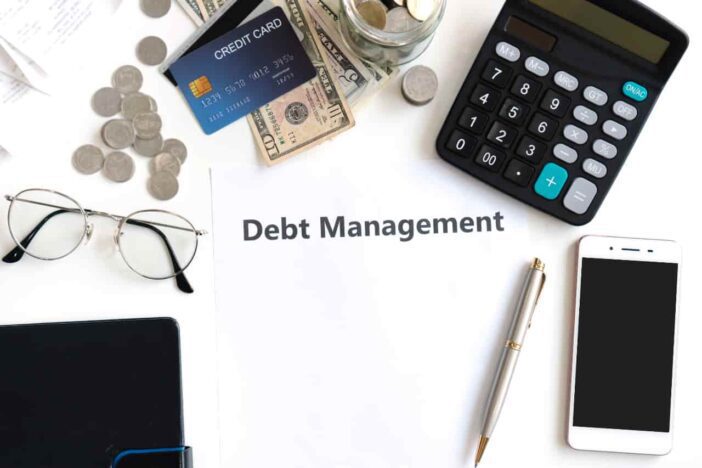Seeking financial aid is common, especially if your monthly income cannot sustain your daily needs. However, it is always advisable to borrow what you can comfortably repay within a given period. Unfortunately, sometimes things may not go as expected, and even those few debts may become quite challenging to clear.
In such situations, the best course of action is to look for ways to service your loans without stretching your financial abilities. You might feel overwhelmed when creditors come knocking at your door while you have no solution yet. The good news is that there is always a way out.
One option you might want to consider is debt consolidation. Organizations such as York Credit Services can help you solve your problems using this technique. But what is it? And how does it work? This article discusses all you need to know about debt consolidation. Jump right in!
What Is Debt Consolidation?
You may have come across this phrase when looking for solutions to your recurring debt problems. What it means is the simplification of debts. For instance, if you borrowed loans on three different credit cards, you can transfer all of them to one card. Here, you will only be making one payment per month rather than paying three separate creditors simultaneously.
You can also take another huge loan and repay all your current debts so that you will be dealing with just one lender. Besides making it easier to monitor expenses, debt consolidation also reduces the interest rates you pay by a significant margin. In addition, you will not be overwhelmed with emails from different lenders on their due dates.
When To Consider Debt Consolidation
As much as this method is a great way of getting out of debt, sometimes it might not be the best solution for your problems. So, when should you consider consolidating your loans? The most obvious situation where this technique can come in handy is when you’re struggling to keep up with the high-interest rates of credit card repayments. When you’re servicing such loans separately, the total interest you end up paying could be more than what you would have paid if you went the consolidation route.
Also, if you’re servicing loans from different credit cards and it’s taking you longer to clear the balance, then it might be the right time to look for alternative solutions. Perhaps the main reason why your repayment is slower than expected is that you spread your income too thin. As a result, you end up paying the fewest amounts for each card.
It will likely drag your repayment process since the interests may build up faster than your repayment rate. Debt consolidation helps you solve this issue by allowing you to deal with one account rather than several credit cards. You will be making one big payment every month, which can significantly reduce the repayment time and total interest amount. This way, it can also be a lot easier to manage your finances because you will be able to monitor your expenses.
Main Debt Consolidation Methods
It’s critical to understand all the tools at your disposal before you start implementing this financial strategy. Here are some of the debt consolidation methods to consider:
- Credit card consolidation loan – this method involves borrowing an unsecured personal loan from a bank, credit union, or any other reliable lender and using it to pay off all your credit card loans. The advantage here is that this new loan can give you a lower annual percentage rate (APR).
- Debt management plan – If you don’t want to take another loan to repay your debts or your credit score is too low, a debt management plan could be your best option. It works by rolling all your debts into one monthly repayment plan that comes with reduced interest rates. You may, however, have to part with some amount to cater for start-up fees.
- Line of credit – Also known as a home equity loan, the line of credit is similar to credit card consolidation, but the main difference is that it’s secured. You can enjoy lower interest rates with this than unsecured personal loans, but you risk losing your home (collateral) if you default.
Conclusion
Debt consolidation is a popular option when it comes to solving debt problems. It can simplify your financial situation by combining different loans into one, making it easier for you to manage and repay. This method makes sense when you have many accounts to run at once and when the interest rates are becoming quite overwhelming. The main options to consider in debt consolidation include a debt management plan, line of credit, and credit card consolidation.





